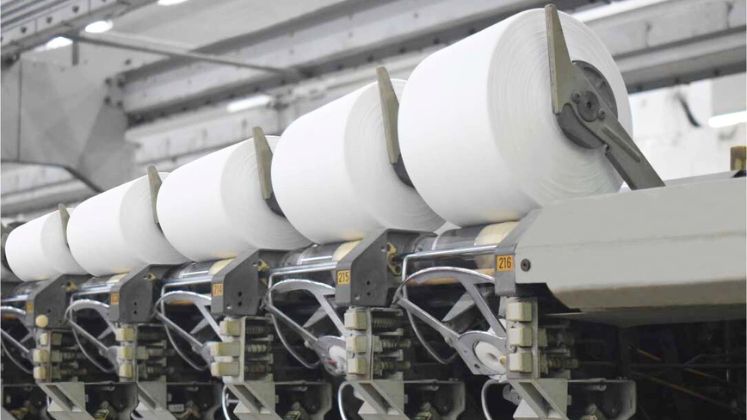
In response to the tariffs imposed on Indian exports by the United States, the Northern India Textile Mills Association (NITMA) has urged the Goods and Services Tax (GST) Council to introduce a uniform 5% GST rate on key inputs in the man-made fiber (MMF) value chain.
NITMA President Sidharth Khanna stressed the urgent need to eliminate the inverted duty structure that continues to affect the MMF segment. He called for a rationalised GST rate of 5% on Polyester Staple Fiber (Virgin and Recycled) – HSN 55032000 and Polyester Spun Yarn – HSN 55092100 and 55092200. Khanna stated that GST on Polyester Spun Yarn should be reduced from 12% to 5% to align with fabric, which is already taxed at 5%, while Polyester Staple Fibre should come down from 18% to 5%. Without these changes, he cautioned, the inverted duty anomaly would become unworkable for the spinning industry.
According to Khanna, the current mismatch results in significant burdens on the industry, including blocked working capital due to GST refunds, administrative hurdles and increased inspector raj issues during claims, higher costs of new investment as input tax credit of 18% on capital goods remains unutilised, the loss of SGST incentives offered by State Governments and unfair competition from imported finished goods that circumvent such inefficiencies.
Khanna made a strong appeal to the GST Council, stating that this was a critical moment for India’s textile sector. He emphasised that decisive action to remove the inverted duty structure would not only offset the impact of US tariffs but also unlock growth and investment across the MMF value chain, potentially turning the challenge into an opportunity for the industry.






